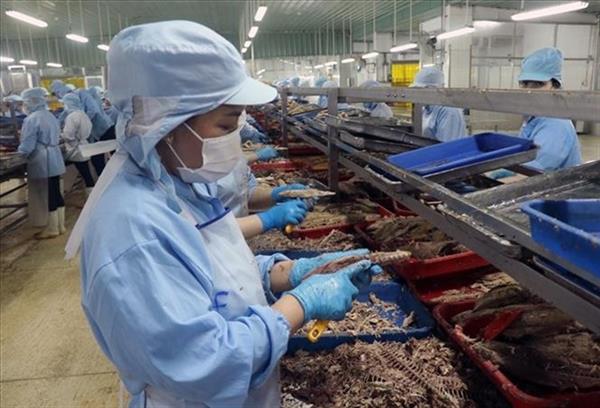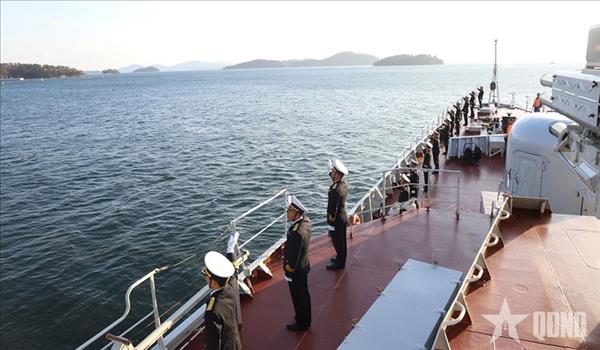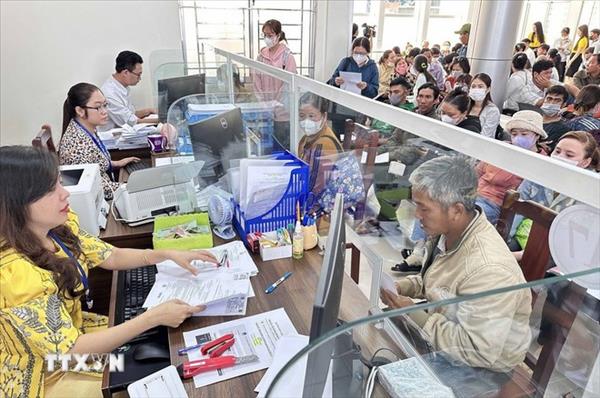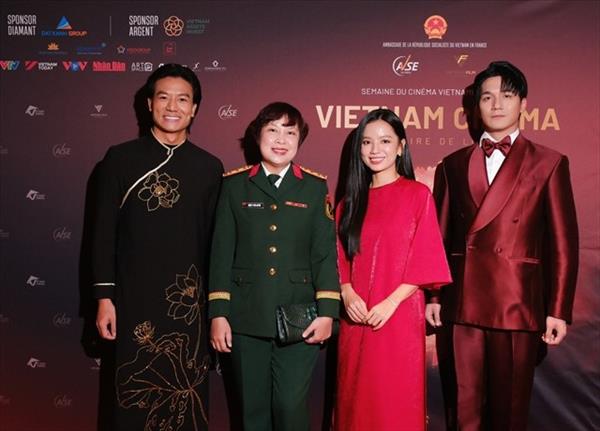In his opening speech, VASS President Dr. Phan Chi Hieu said Vietnam and African countries have a long-standing relationship and always support each other, from the struggle for national liberation to national development process. Despite COVID-19 pandemic, trade volume between Vietnam and African nations still recorded positive growth.
Vietnam's main exports to Africa include industrial goods (agricultural processing machinery, phones, phone components), agricultural products (food, coffee, tea, pepper, seafood), and processed goods. Conversely, Vietnam mostly imports raw materials like cotton, cashew nuts and timber from Africa. The goods of both sides complement each other. Therefore, the African Continental Free Trade Agreement (AfCFTA), once effective, will provide an opportunity for Vietnam's goods of competitive edge to penetrate the African market even more, and vice versa.
Algerian Ambassador Abdelhamid Boubazine to Vietnam said two-way trade between Vietnam and Africa doubled from 2.52 billion USD in 2010 to 5.5 billion USD in 2022.
Assoc. Prof. Nguyen Thuong Lang, senior lecturer at the National Economics University’s School of Trade and International Economics, said Vietnam needs to fully upgrade its traditional and existing relations with African countries, promote business connectivity, increase market surveys, trade fairs, and exhibitions to fully tap existing opportunities and create new ones, and pay attention to risk management in trade and investment.
Vietnam should establish new forms of cooperation and share new business and economic models such as digital business, circular economy and sharing economy, he said, adding that developing online connectivity platforms can help minimise transaction costs. It is important to focus on forums, workshops, conferences and exchanges to gain specific insights into each member and external partner. Collaboration should be fostered in emerging fields such as renewable energy, digital transformation, climate change mitigation, and initiatives to achieve net-zero emissions by 2050.
During two sessions of the event, delegates discussed solutions to boosting exports-imports via digital platforms, major orientations to economic developments and proposed financial mechanisms, policies and measures in support of joint projects with Africa.
So far, 46 African countries have officially approved the AfCFTA. Once fully operational, the AfCFTA will become the world's largest free trade area, encompassing a market of 1.3 billion people and a combined gross domestic product of up to 3.4 trillion USD./.

















